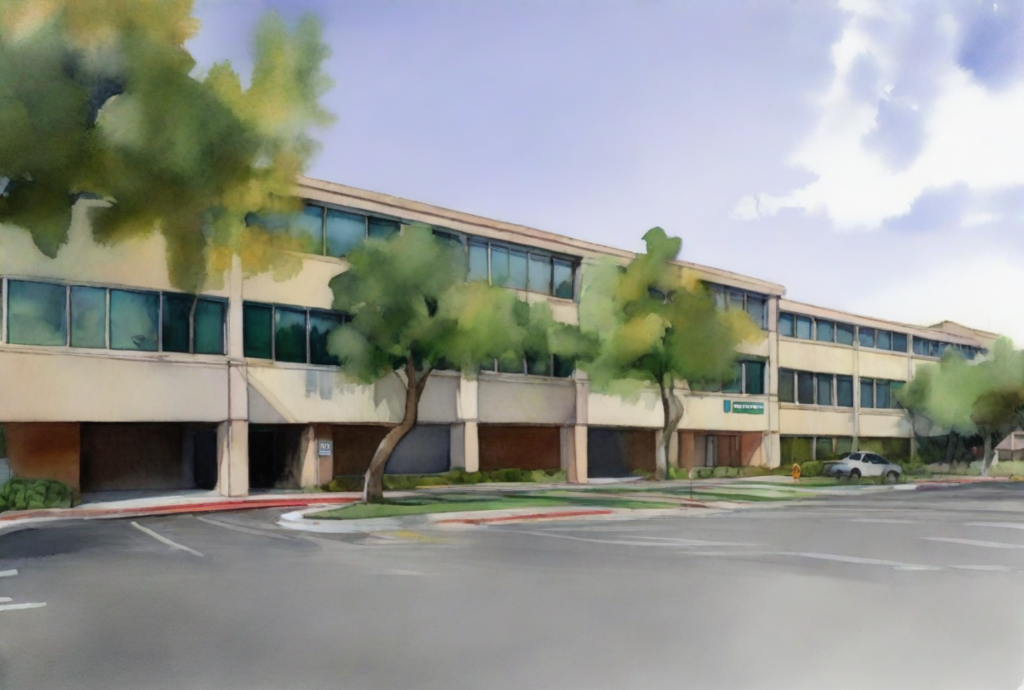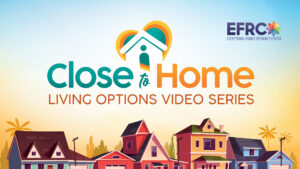Maybe your child isn’t speaking as much as expected for their age. Maybe your child’s teacher has raised questions about missed milestones or lagging development. Maybe there’s already a diagnosis on paper, or maybe you’re still trying to sort out what you’re seeing.
One place many families turn for evaluation and support is the San Diego Regional Center (SDRC). But understanding what SDRC does, and how the eligibility process works after age 3, isn’t always easy at first glance.
Here’s what families often want to know—especially when starting the process.
What Is the San Diego Regional Center?
SDRC is one of 21 nonprofit regional centers throughout California, working in partnership with the state’s Department of Developmental Services. Each regional center serves individuals with delays and developmental disabilities within a specific geographic area. In San Diego and Imperial counties, that’s SDRC.
For those who are eligible, Regional Center services can be life-changing. The center coordinates and funds supports like behavioral therapies, respite care, social skills programs, independent living supports, and more—throughout a person’s lifespan. The services received by an individual depends upon their unique needs.
But before services can begin, every individual must go through a formal eligibility process.
The Age 3 Shift: From Early Start to Lanterman Eligibility
If your child received Early Start services before age 3, you may be familiar with Regional Center already. Early Start has its own eligibility criteria and timelines, focused on early intervention for infants and toddlers.
Once a child turns 3, eligibility is reevaluated under a different standard: the Lanterman Developmental Disabilities Services Act, or simply the Lanterman Act. Yes — even if your child previously qualified for Early Start, they must meet these new criteria to continue receiving support after their third birthday. If your child is in Early Start and they are about to turn 3, contact your SDRC service coordinator to initiate the process for eligibility determination for services over 3.
To be eligible for services beyond the age of 3, a person must have a substantial disability in at least one of five categories:
- Intellectual disability
- Autism
- Epilepsy
- Cerebral palsy
- A condition closely related to intellectual disability that results in similar needs
In addition, the condition must cause significant limitations in three or more areas of daily life—such as communication, learning, or self-care—and be expected to continue indefinitely.
What the Process May Involve
Applying for Regional Center services under the Lanterman Act (services for individuals over age 3) involves gathering documentation, completing intake interviews, and often, sharing detailed information about how your child functions day to day. The process may include:
- Submitting developmental evaluations and medical reports
- Completing family intake forms
- Participating in interviews or assessments
- Receiving a written eligibility determination
While it can sometimes feel emotionally difficult to discuss a child’s challenges in depth, it is important to know that the goal of the intake process is to gain a full, accurate picture of your child’s strengths and needs—so that any services offered are the right ones.
What to Consider
If you’re considering applying—or reapplying—for Lanterman eligibility through SDRC, you might start by asking yourself:
- Has my child received a diagnosis of a qualifying developmental disability? Having a medical diagnosis is not necessary to become eligible for Regional Center services — but it can be submitted as part of your application to determine eligibility.
- Are there daily life skills that my child struggles with, compared to peers the same age? Can you think of concrete examples?
- Do those challenges affect more than one area—like communication, learning, or self-care? How are those areas affected for your child?
If you’re unsure about any of these questions, that’s okay. If you would benefit from talking through your situation or concerns, we can explore those questions together.
Application Tips
- Save and organize all evaluations. Even if they seem old or unrelated, they can offer helpful insight and documentation during the intake process. If you are having trouble understanding your paperwork and what it means, EFRC can help you identify what’s what — and how you might organize it for easy reference.
- Be honest about day-to-day challenges. It’s natural to want to focus on your child’s strengths—and those matter deeply. But eligibility often depends on understanding the areas where your child needs more support. If you are having difficulty putting the challenges, as you see them, into words — an EFRC family support team member can lead you through a conversation that can help you clarify what you want to say.
- Ask for clarification. If a letter or form is confusing, you have every right to ask questions. If you still don’t understand, EFRC can provide plain language explanations to help you understand things better.
- Know you’re not alone. The process can feel technical or overwhelming at times—but behind the paperwork is a system of people who care about supporting families and children.
Moving Forward
Understanding how eligibility works, what documentation matters most, and what questions to ask can make a real difference. Yet –it’s not always easy to figure out on your own.
Sometimes what helps most is talking it through with someone who understands the process—someone who’s walked this road before, who knows how to translate the terminology, and who can help you think through your next steps. Seek out that support in your community — or find it for free right here with our team at the Exceptional Family Resource Center.








